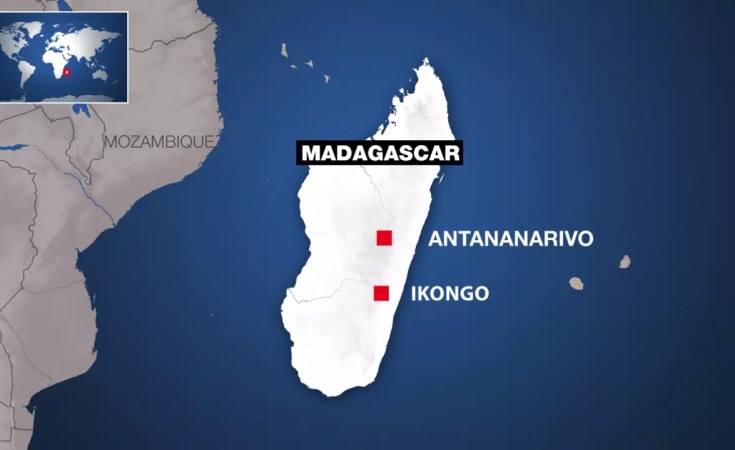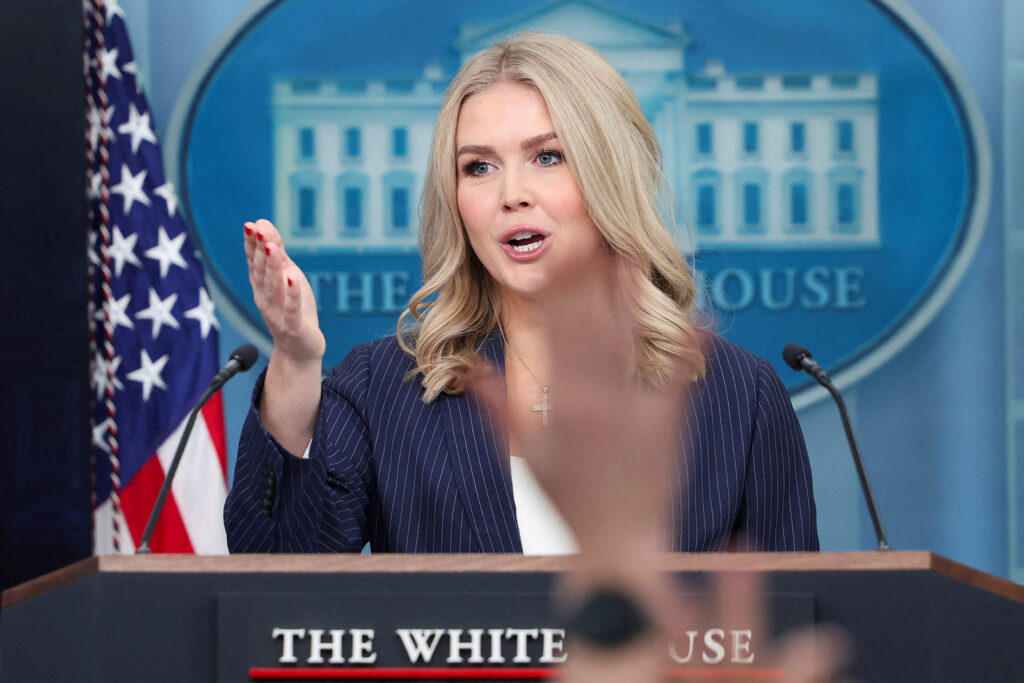
RSF Condemns Unlawful Detention of Journalist Fernand Cello
February 12, 2025
Italian government denies it spied on journalists and migrant activists using Paragon spyware
February 13, 2025February 13, 2025 – USA –
Tensions escalated between the White House and the Associated Press (AP) over the renaming of the “Gulf of Mexico” to the “Gulf of America.” President Donald Trump signed Executive Order 14172 on January 20, mandating that federal agencies adopt the new name. Though the order was limited to government use, it quickly became a point of contention with media organizations and the public, who criticized the move as politically motivated and historically inaccurate.
The AP maintained its editorial policy of using “Gulf of Mexico” in its coverage, recognizing the new terminology only when referencing the executive order itself. The agency’s commitment to factual consistency and global recognition of the original name led to friction with the White House. As a result, AP journalists were barred from covering key presidential events, including those aboard Air Force One and inside the Oval Office.
The White House defended its actions, arguing that the AP’s refusal to comply with the executive order justified restricting their access. This sparked widespread debate over press freedom and government transparency. Critics viewed the ban as an attempt to coerce editorial compliance and punish independent reporting.
In response, the AP filed a lawsuit against the White House officials responsible for the exclusion, citing violations of the First Amendment. A federal judge ruled in favor of the AP, emphasizing that government officials cannot bar journalists from access based on their editorial decisions. The court ordered the reinstatement of AP reporters’ privileges, reinforcing the principle of a free press as a cornerstone of democracy.
This incident underscores the fragile relationship between government power and journalistic independence. While governments have the authority to communicate official policies, they cannot use that power to suppress or punish the press for adhering to established editorial standards. The dispute over the Gulf’s name became emblematic of larger struggles in the United States around freedom of speech, media autonomy, and the role of journalism in holding power accountable.
Ultimately, the AP’s legal victory reaffirmed the importance of protecting editorial integrity against political pressure, a vital safeguard for democracy.
Reference –
White House Says It Has the Right to Punish AP Reporters over Gulf Naming Dispute




